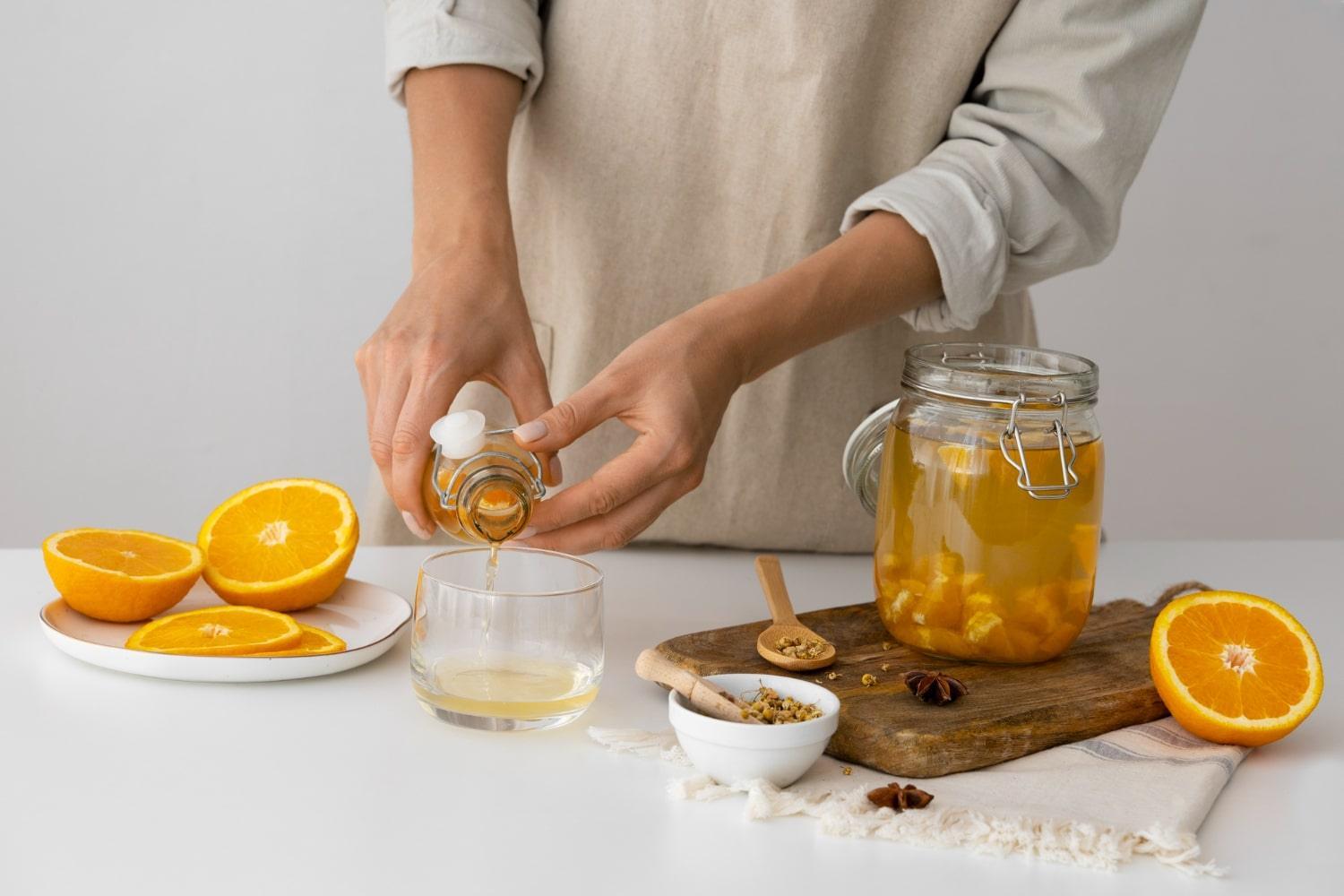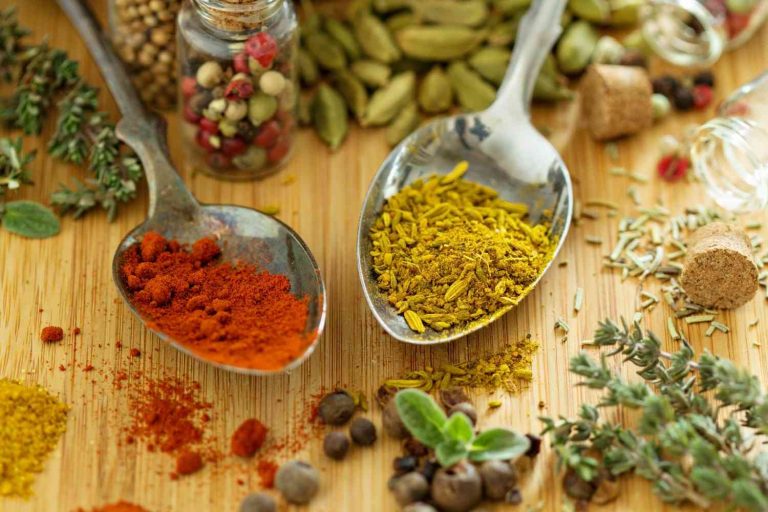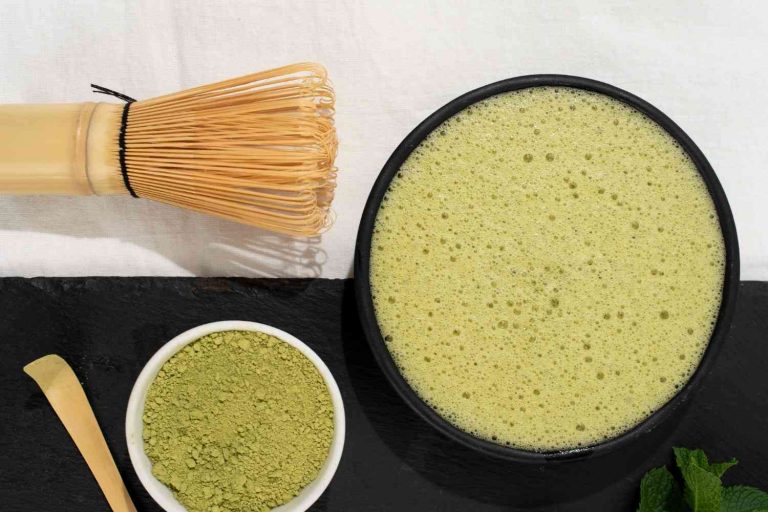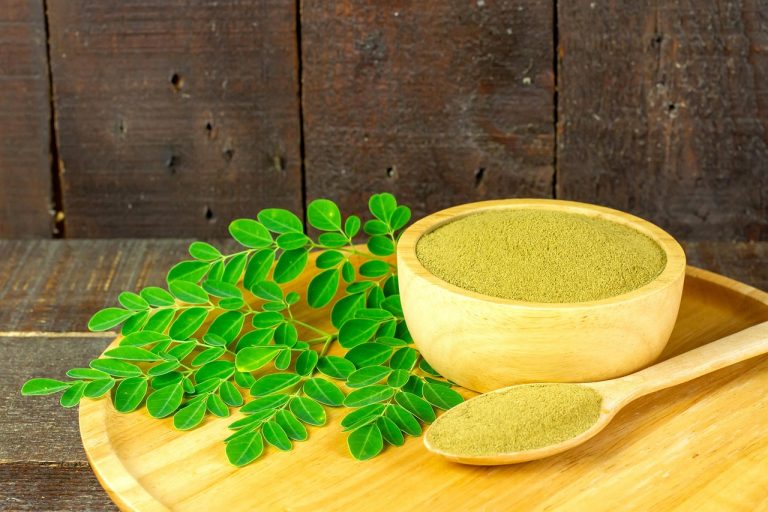Are you searching for appetite suppressant teas that actually work wonders? You’re not alone. So many of us are on a quest for that little boost to help manage cravings and maintain a balanced lifestyle. The good news? There are teas out there that not only taste delightful but also help control your hunger. Let’s dive into this flavorful journey and discover the best options to support you in your wellness goals.
Contents
What Are Appetite Suppressant Teas?
Appetite suppressant teas are herbal infusions specifically designed to help curb your hunger and promote a sense of fullness. While they don’t replace a balanced diet, they can be a powerful tool in your arsenal for managing your appetite and achieving your weight management goals. Imagine sipping on something soothing that also aids your body in feeling satisfied. That’s the magic of these teas!
Why You Need Appetite Suppressant Teas in Your Life
In our fast-paced lives, it’s easy to get caught up in unhealthy snacking or emotional eating. Stress, boredom, or even habit can lead us to reach for that extra cookie or chip. Here’s where appetite suppressant teas come into play:
- Natural Ingredients: Most appetite suppressant teas are made from herbs and natural ingredients, making them a healthier alternative to sugary snacks.
- Hydration: Staying hydrated is key to managing appetite, and sipping on these teas keeps you hydrated and refreshed.
- Mindfulness: Taking a moment to brew and enjoy a cup of tea encourages mindfulness, helping you to reconnect with your body and its needs.
With that in mind, let’s explore seven teas that can help you in your journey.
1. Green Tea
Green tea is a powerhouse when it comes to appetite suppression. Packed with antioxidants called catechins, it helps rev up your metabolism and can enhance fat burning. The caffeine content also provides a gentle energy boost, making it a perfect companion for your day.
- How to Use: Brew a cup in the morning to kickstart your metabolism.
- Taste: Light and refreshing, with a slightly grassy note.
2. Peppermint Tea
Peppermint tea is not just for freshening your breath; it’s also fantastic for curbing cravings. The aroma of peppermint can help reduce feelings of hunger, and the menthol in the tea can soothe your digestive system.
- How to Use: Sip a cup after meals to aid digestion and curb any lingering cravings.
- Taste: Cool and invigorating, perfect for any time of day.
3. Ginger Tea
Ginger tea is a soothing option that doubles as an appetite suppressant. It’s known for its anti-inflammatory properties and can help reduce nausea, making it a great choice for those who experience digestive discomfort.
- How to Use: Brew fresh ginger slices in hot water or use ginger tea bags. Enjoy it warm or cold.
- Taste: Spicy and warming, with a hint of sweetness.
4. Hibiscus Tea
Hibiscus tea is a vibrant, tangy option that can help control appetite by promoting feelings of fullness. Rich in antioxidants, it may also support overall heart health.
- How to Use: Drink iced hibiscus tea in the afternoon for a refreshing pick-me-up.
- Taste: Tart and fruity, reminiscent of a summer garden.
5. Rooibos Tea
Rooibos tea is caffeine-free and packed with antioxidants. It contains compounds that may help regulate blood sugar levels, which can play a role in appetite control.
- How to Use: Brew a cup in the evening to unwind and help manage late-night cravings.
- Taste: Naturally sweet and nutty, it’s comforting and soothing.
6. Oolong Tea
Oolong tea strikes a balance between green and black tea. It’s known for its ability to enhance metabolism and can help keep those pesky cravings at bay.
- How to Use: Enjoy a cup mid-morning to stave off hunger until lunch.
- Taste: Floral with a rich, complex flavor profile.
7. Lemon Balm Tea
Lemon balm tea is a lesser-known gem that helps reduce stress and anxiety, which can be triggers for unhealthy eating. Its calming properties can help you feel more in control of your cravings.
- How to Use: Brew before bedtime to help relax and prevent late-night snacking.
- Taste: Lightly citrusy and refreshing, perfect for winding down.
How to Brew Your Perfect Cup
Brewing tea is an art, but it can be easily mastered. Here’s a quick guide to ensuring you get the most out of your appetite suppressant teas:
- Quality Matters: Choose high-quality loose-leaf teas or tea bags. Organic options are often best.
- Water Temperature: Different teas require different temperatures. Green tea typically needs cooler water (about 175°F), while black teas can handle boiling water.
- Steeping Time: Don’t oversteep! Generally, 3-5 minutes is the sweet spot for most herbal teas.
- Additions: Feel free to add a splash of lemon or a drop of honey, but be mindful of added sugars.
The Science Behind These Teas
Research supports the appetite-suppressing properties of these teas. For instance:
- Green Tea and Metabolism: Studies have shown that green tea can boost metabolic rates and fat oxidation (source: National Institutes of Health).
- Peppermint and Cravings: The scent of peppermint has been linked to reduced appetite and cravings (source: PubMed).
- Hibiscus for Fullness: Hibiscus tea has shown promise in managing body weight and fat levels (source: Healthline).
Tips for Incorporating These Teas into Your Routine
- Make It a Ritual: Set aside time every day to enjoy your tea. This can help you slow down and be mindful.
- Pair with Healthy Snacks: If you find yourself needing a snack, pair your tea with a healthy option like nuts or fruit.
- Stay Consistent: Make these teas a regular part of your day. Consistency is key to seeing results.
Bottom Line
Appetite suppressant teas can be your secret weapon in managing cravings and supporting your wellness journey. From the invigorating taste of green tea to the soothing notes of rooibos, there’s something for everyone. Remember to savor each cup, listen to your body, and make choices that honor your health.
So, what are you waiting for? Grab a mug, brew your favorite tea, and let it work wonders for you!
FAQ
1. How often should I drink appetite suppressant teas?
Aim for 1-3 cups daily, but listen to your body and adjust as needed.
2. Can I sweeten my tea?
Yes, but try to limit sugar. Natural sweeteners like honey or stevia can be good alternatives.
3. Are there any side effects?
Most teas are safe, but always consult a healthcare provider if you have specific health concerns or conditions.
Embrace these delicious brews and take charge of your appetite today!
Get Your FREE Natural Health Guide!
Subscribe now and receive our exclusive ebook packed with natural health tips, practical wellness advice, and easy lifestyle changes, delivered straight to your inbox.





